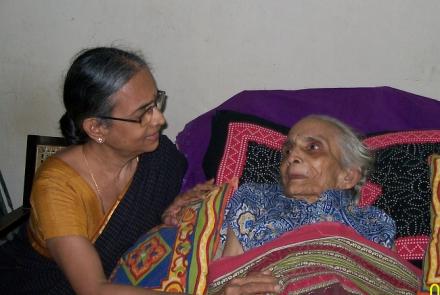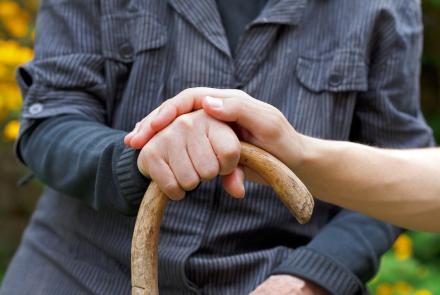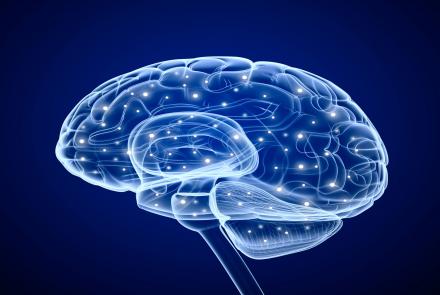
As Parkinson’s progresses, your symptoms might also change. Your current symptoms might become more severe, and new symptoms might also develop. You may feel that the medication may not be as effective in controlling the symptoms as they were before as a result you may find that you require help from others to do your routine activities like dressing, eating, bathing etc.
Certain symptoms like poor balance, difficulty walking and fear of falling may prevent you from being able to leave our house or your bed without assistance. Ask for help from your caregivers or contact us for information on assistive aids that you could use.
There are also specific exercises and fun activities which you can do at home on the bed or while sitting.
In addition to this your non-motor symptoms may become more pronounced further affecting your ability to carry out your activities. You might get frustrated and impatient, but it is important to remember that you must remain patient with yourself and focus on what you can do. Help and support is available.
Things you need to be aware about :
- You may have difficulties swallowing as the disease progresses. This may lead to choking when eating or drinking. If this is happening to you; consult a doctor immediately who may refer you to a speech therapist. Swallowing problems can lead to aspiration pneumonia.
- If you feel you’re no longer steady on your feet and have a fear of falling or you have already fallen a number of times, then you need to be careful. A fall can lead to fractures in the bones of the body. Use a walking aid or make sure someone is supervising you when you walk.
- If you spend a large part of the day in the bed or sitting on the same chair then there are certain precautions you need to take:
- Make sure you change your position every 2 hours to prevent the formation of bed sores or pressure sores.
- Keep your feet elevated on one or two pillows to avoid swelling.
- Make sure you exercise all your joints to prevent stiffness from setting in.
- Dementia may also develop in 30% of the patients with Parkinson’s. It is not necessary that all people with Parkinson’s will develop Parkinson’s and if it does develop, it might be 10-15 years after onset of Parkinson’s. The major signs of dementia in Parkinson’s include severe memory problems, distractibility, reduced attention span, slowed thinking, difficulties in making decisions and problem solving and reduced motivation. Dementia also includes delusions, hallucinations, odd behavior, and changes in personality. People who develop hallucinations (Read Hallucinations in Parkinson’s) are at an increased risk for developing dementia. If you feel that you or your loved one is experiencing two or more of these symptoms, it is important to bring it to the notice of your doctor.
Tips and Suggestions to help you manage:
- Try to keep as active as you can. If you are not able to move very easily or even if you are unable to move from the bed or the chair; a physiotherapist can give you advice on suitable exercises or movements that you will be able to do on the bed or while sitting.
- Maintain as normal a routine as much as possible. Continue to do as much as you can for yourself, even if it takes longer. An occupational therapist can help you modify your home as well as certain activities so that you can carry them out independently.
- If you have difficulty talking or you are unable to communicate properly then a speech therapist will help you with strategies and aids to enhance your communication.
- Keep yourself busy throughout the day. There are many activities you can do at home and even just sitting on the bed like solving puzzles, drawing, using building blocks etc.
- Assist your caregiver as much as you can. Together as a team you all can make each other’s work easier.
Stay tuned later this week for our article on Caregiving for Parkinsons.













